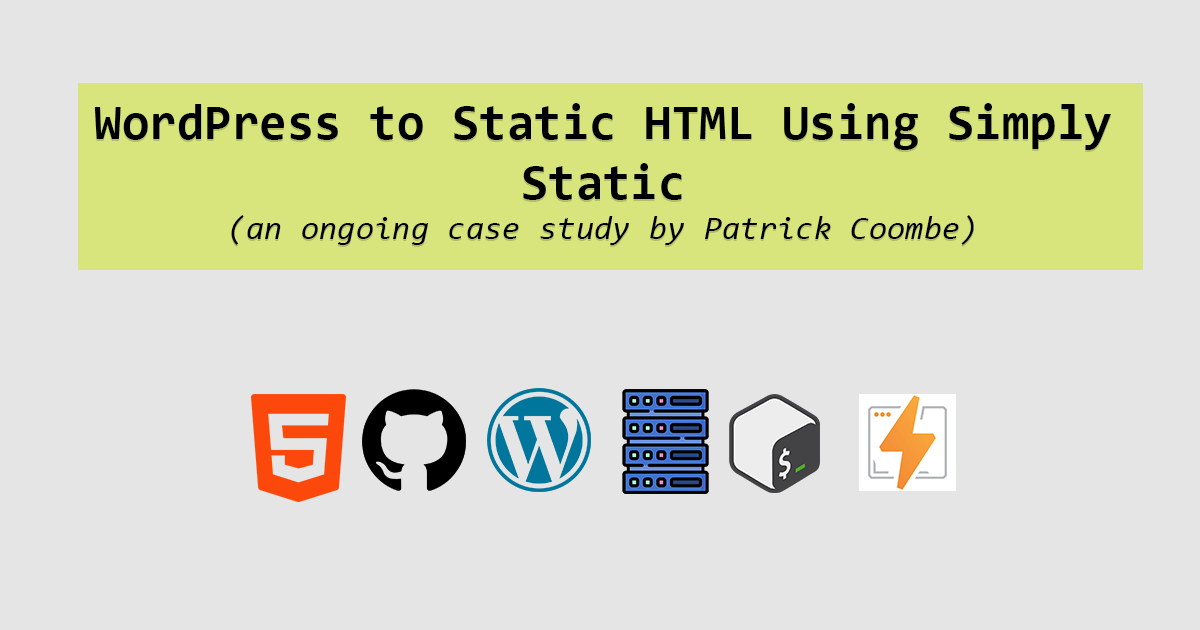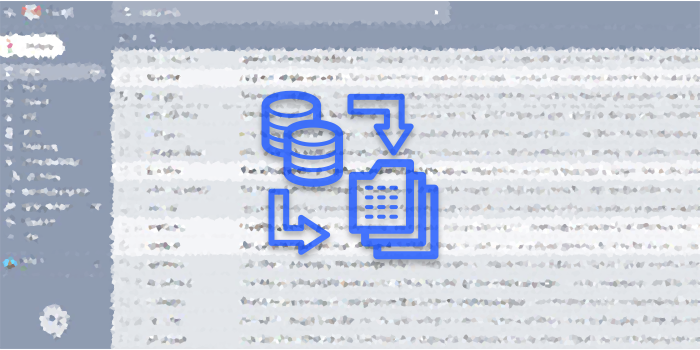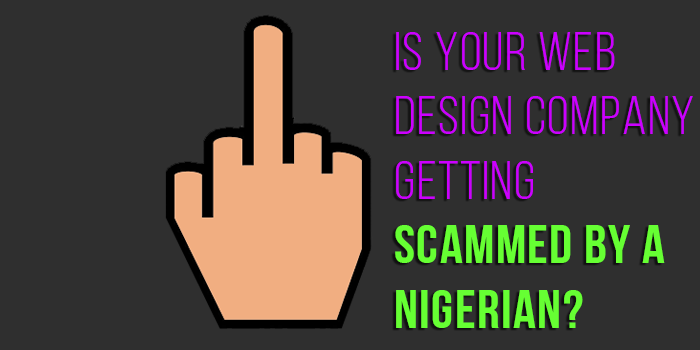Over the past few decades the SEO industry has morphed from a small niche for tech-hobbiest to an industry that truly affects billions of dollars in revenue for big business across the globe.
During that time, there has been some huge upsets, from Google penalties to sheer deception. Here are some of the ones that hit home with me, if I missed any of the big ones please share in the comments below or on Twitter if you will.
(in no particular order)
The EMD update
Google’s EMD update or “exact match domain” update targeted domains that relied on, or partially relied on having the exact keyword within their domain for ranking in Google. For a very long time, this was a sure winner if you wanted to rank for a big keyword. In some cases having an exact match domain almost yielded instant rankings (I said some cases, not all cases.)
When Google came out with this update or shall we say “penalty” webmasters near and far were perturbed to say the least.
HTTPS / SSL
In mid-2014 Google announced that websites which enabled SSL would be given slight favoritism in the search engines.
When SEO’s found out that Google would be “rewarding” webmasters who implemented SSL, a lot of them kind of freaked out. After all, SSL is only meant to secure, secure transactions right? Why do bloggers and normal websites have to have this if they only have purely informational sites? Matt Cutts of Google responded to the SEO community with his own thoughts and quieted some of the criticism.
Mobilegeddon
Pretty much every SEO on Earth knew that mobile = good for SEO, but a lot of folks were shocked when Google dropped the bomb and decided to come out with a whole new set of rules for mobile.
If you are interested in seeing just how much of an impact this update had, check out Glenn Gabe’s awesome list of examples of sites that saw massive changes as a result of mobilegeddon.
Rel=NoFollow
A very controversial topic, so much I’m going to withhold my opinion on this one for now. The no-follow tag was launched in 2005, but around 2009 Google really started pushing it. While not technically an algorithm update, this attribute has caused a lot of arguments in the SEO community, and really shook things up in 2013/14.
The part that really ticked a lot of people off is that Google basically went ahead and said you had to either remove or no-follow any link that wasn’t 100% purely and editorially given. So if even the slightest of ulterior motive was presence in the mind of the linker, a no-follow tag must be placed or else Google will decipher this motive and swiftly penalize the website. </snark>
Google Penguin / Panda
You know its major SEO news when the New York Times covers the story.
This one was a close tie for the biggest upset in SEO history. I still remember what I was doing when I noticed Penguin starting to hit. I’d venture to guess that millions of webmasters were effected by this update. Business owners across the globe went into an instant panic. No one was immune, even Fortune 500 companies got hit.
Back in the day, pretty much anything you threw at the wall would stick.
Blog comment links? Sure!
Spun content? Why not!
400 Social bookmarks with 3rd tier trackbacks? Absolutely!
Pre Panda/Penguin if you pointed a backlink at a website, chances are it would yield some sort of increase.
The first Panda update affected about 11% of all search queries, which is a ton of results.
But it wasn’t all bad. Some webmasters managed to sift their way to the top of the SERP pile and leverage some serious traffic as a result of all the websites that got penalized.
The Payday Loan update
In 2013 the payday loan industry came to a head. SEO spam got so bad that Google did something it has never done before: released a public and targeted update to mitigate some of this spam. With one fell swoop, Google cleaned up a lot of the payday loan spam and neutralized the search engine results pages.
The payday loan industry continues to be a huge sector for search marketers, but it’s nowhere near the “rank and bank” days that it used to be thanks to the Payday Loan update.
[Not Provided]
Without a doubt, and in my opinion “not provided” was the biggest upset in SEO history. SEO’s from all over the globe relied on this data so that they could see what keywords really mattered and what keywords users searched for when they landed on their sites. When Google removed this feature, 1000’s of SEO’s rioted in the streets…ok actually not really but they were really really upset.
But it wasn’t just angry SEO’s this time. Dozens if not hundreds of SEO tools were now broken. SEO report templates no longer useful. The SEO industry has not been the same since this update.
Not being able to see which keywords our sties rank for has left a massive hole in the SEO industry that never seemed to be filled.
Toolbar PageRank gets the axe
When referring to PageRank there are 2 common references: PageRank referring to part of the Google algorithm, and PageRank (or toolbar PageRank) the score from 1-10 showing how awesome your website is.
A few years back, Google kind of stopped caring about this score or at least they want us to think that. PR used to get updated almost like clockwork several times per year. Some websites even had dates to show when the next update would happen. Then it stopped.
If you talk to most SEO’s they’ll say “they don’t care” about this, but that certainty wasn’t reflected on social networks. SEO’s were irate when they found out Google would no longer be publicly scoring their website. After all, who doesn’t appreciate a very objective score from 1-10 on how well your website is doing?
Authorship
I wouldn’t really call this an upset, but Google’s Authorship program was something people loved to talk about. Setting up authorship was simple: add some code to your website, sign up for Google+ and poof you get your photo to show up in the search engines.
“The decay and fall of guest blogging”
Before I start on this one, lets define “guest blogging” in this context. Normally guest blogging means to write a blog post on usually an industry related website.
In this context, guest blogging pretty much refers to purchase links on PBN’s (private blog networks) which oftentimes have very lax standards of quality.
For a large period of time this was a tried and true method that managed to skirt around Penguin’s regulations. In an post-Penguin era when webmasters were looking for any kind of link to hold onto, guest blogging links was the big thing in blackhat SEO for quite a few years.
In what seemed like an overnight event, Google penalized a large guest posting network, then a huge PBN, then a guest post link exchange. Before you knew it all chaos broke loose which left webmasters from Miami to Milan very insecure in their linkbuilding abilities.
Matt Cutts responded with a stern warning to SEO’s on his private blog, backing up the actions recently taken by his team.
Google sued over PageRank decrease
Probably one of the earliest upsets in SEO history, long before my SEO career was when a small search company sued Google for dropping their PR.
In 2002 Danny Sullivan covered this story which basically came down to a company called Search King selling links in exchange for money.
While I can’t really comment on this story first hand, it did seem to set the stage in the SEO industry that backlinks were worth big money and were are a huge asset to big corporations.
New York Times outing JC Penny
There have been many outings in SEO history, this one took the cake. In 2011 the New York Times ran an investigative piece titled “The Dirty Little Secrets of Search” that went into detail on how JC Penny was using blackhat techniques to drive traffic to their website.
They hired a search expert to analyze the situation and pointed out how JC Penny beat out even the manufacturers themselves for their own search terms.
From that point on, public outings became an ordinary thing.
A competitor of Overstock outed overstock.com for a link scheme, they were then penalized.
A private blogger outed Rap Genius on his blog, Rap Genius (now ‘Genius’) was subsequently penalized and dropped in the rankings. Rap Genius was offering Tweet shout outs in exchange for a backlink which is a no-no according to Google.
More outings ensued throughout the SEO industry, some resulting in penalties others floated to the bottom of the pile. One thing is sure enough: since then it is known that if you bark loud enough about someone violating Google’s guidelines, someone just might listen.
Google penalizing themselves
You know things are bad when Google penalizes itself. In 2012 Google penalized one of its own products for buying paid links. Aaron Wall of SEO Book gave a run down on exactly what they were doing wrong.
Maybe it was all a PR ploy so Google could show the world how neutral they were, maybe it wasn’t. Either way it was a huge shakeup in the SEO community, because we all knew that if Google was now penalizing themselves, all hope was lost.
What did I miss?
If I did please hit me up in the comments or on Twitter.




